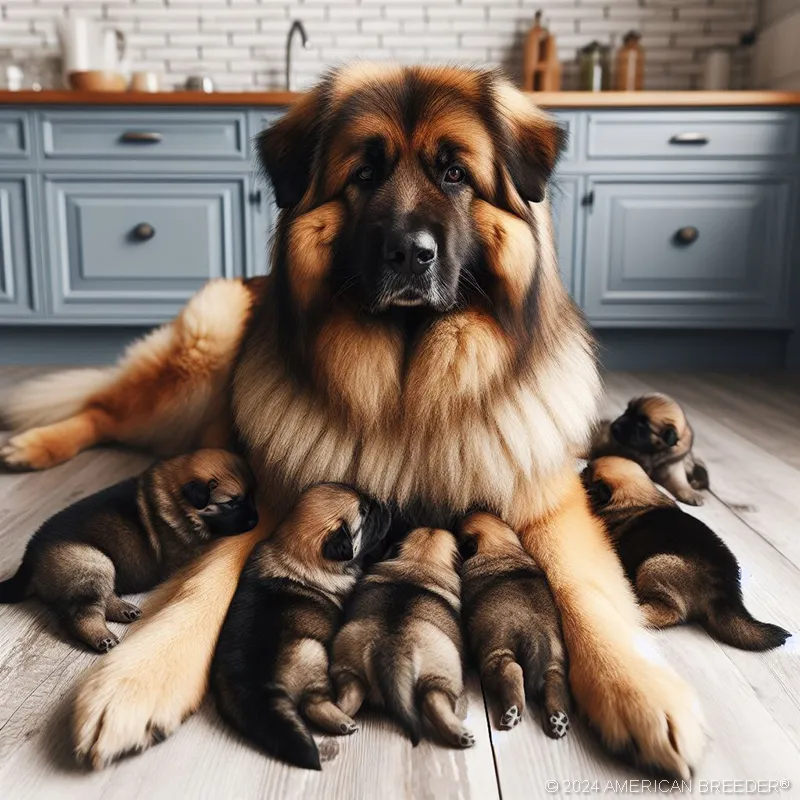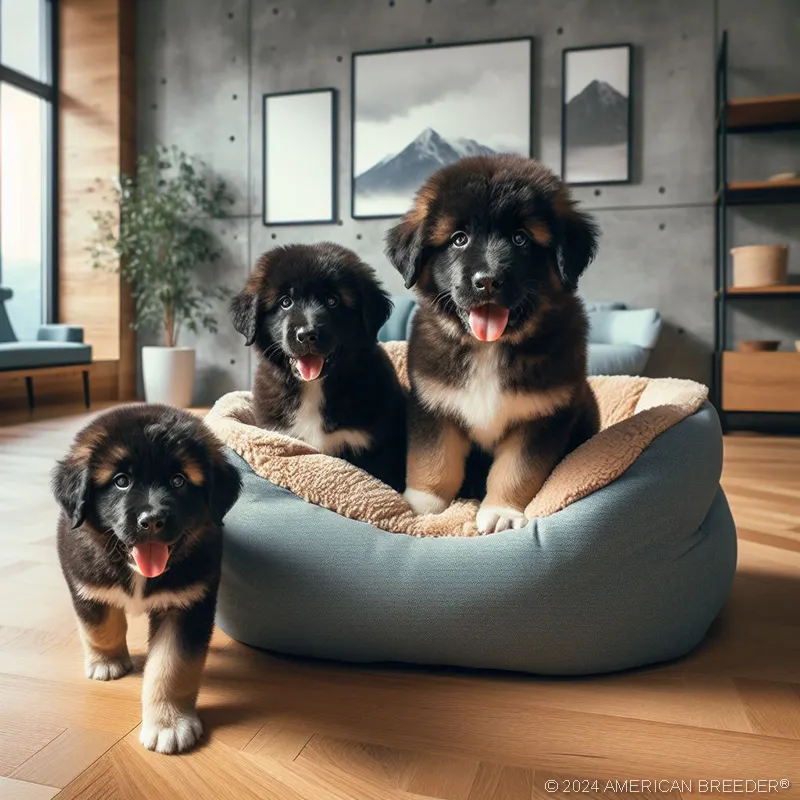Loyalty and Strength: The Caucasian Shepherd Story
Introduction
The Caucasian Mountain Shepherd Dog, also known by nicknames like "Caucasian Ovcharka" or "Caucasian Shepherd," is a remarkable breed with a fascinating history. Before considering this breed, it's important to understand its unique characteristics and requirements. Here are some interesting facts about the Caucasian Mountain Shepherd Dog:
The breed originates from the Caucasus region, where it was primarily used for guarding livestock and protecting families.
These dogs are known for their immense size, strength, and protective instincts. Their thick, weather-resistant coats and sturdy build make them well-suited for harsh mountainous climates.
Breed Background and History
The Caucasian Mountain Shepherd Dog has a rich history and cultural significance in its homeland. Originating in the Caucasus Mountains, this breed played a vital role in protecting flocks from predators and guarding against intruders. Their presence can be traced back centuries, with historical accounts and artwork depicting their noble stature.
Breed Characteristics
These dogs are large and powerful, with males weighing up to 200 pounds and standing around 30 inches tall at the shoulder. Their double coats come in various colors, including white, brindle, gray, and fawn, often with striking patterns and markings. Their strong, muscular bodies and well-developed heads give them an imposing appearance.
The Caucasian Mountain Shepherd Dog possesses a loyal and protective nature. They are deeply devoted to their families and will go to great lengths to ensure their safety. While they can be wary of strangers, proper socialization from an early age helps them distinguish between friend and foe. Despite their intimidating size, they can be gentle and affectionate with their loved ones.
Trainability and Intelligence
These dogs are intelligent and independent thinkers, which can make training challenging at times. They have a strong will and require a firm, consistent approach. Positive reinforcement methods work best, as they respond well to praise and rewards. Early socialization and obedience training are crucial to raising a well-behaved and confident dog.
Health and Care
Caucasian Mountain Shepherds are generally healthy dogs, but they can be prone to certain health issues. Some common conditions to watch out for include hip dysplasia, elbow dysplasia, and obesity. Regular exercise, a balanced diet, and routine veterinary care are essential for their well-being. Grooming-wise, they have a thick double coat that requires regular brushing to prevent matting and occasional baths to keep them clean.
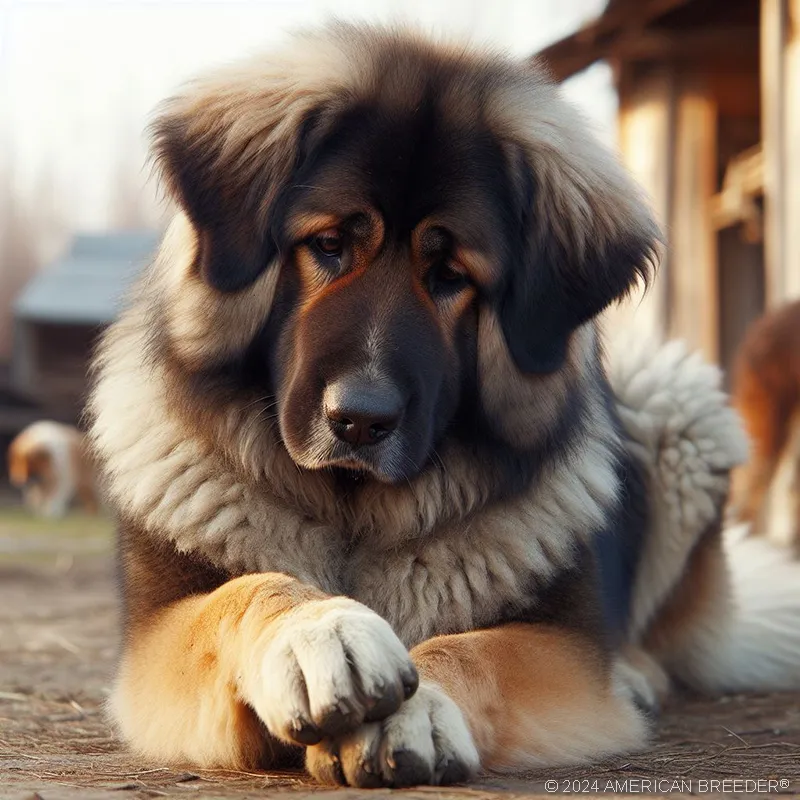 Socialization and Compatibility
Socialization and Compatibility
With proper socialization, Caucasian Mountain Shepherd Dogs can be great companions for families. They are usually good with children they have been raised with and can coexist with other pets if introduced properly. However, their protective instincts mean they may be wary of unfamiliar animals or people. Responsible owners should ensure that these dogs are well-socialized and supervised in different situations.
Living Arrangements and Environment
Due to their large size and exercise needs, Caucasian Mountain Shepherds are better suited for spacious living arrangements such as houses with secure fenced yards or rural areas with ample room to roam. While they can adapt to different climates, they are more comfortable in colder regions due to their thick coats.
Training and Obedience
Basic obedience training is essential for this breed, as their protective instincts need to be properly channeled. Commands like sit, stay, and come are important for their safety and the convenience of their owners. Advanced training or engaging in specialized activities such as tracking or agility can provide mental stimulation and further enhance the bond between owner and dog.
Financial Planning
Owning a Caucasian Mountain Shepherd Dog comes with financial responsibilities. Initial costs may include adoption fees or purchase price, vaccinations, spaying/neutering, and microchipping. Ongoing expenses to consider include high-quality food, regular grooming, veterinary care, training sessions, toys, and other supplies. It's also wise to budget for unexpected medical costs by either setting aside funds or considering pet insurance.
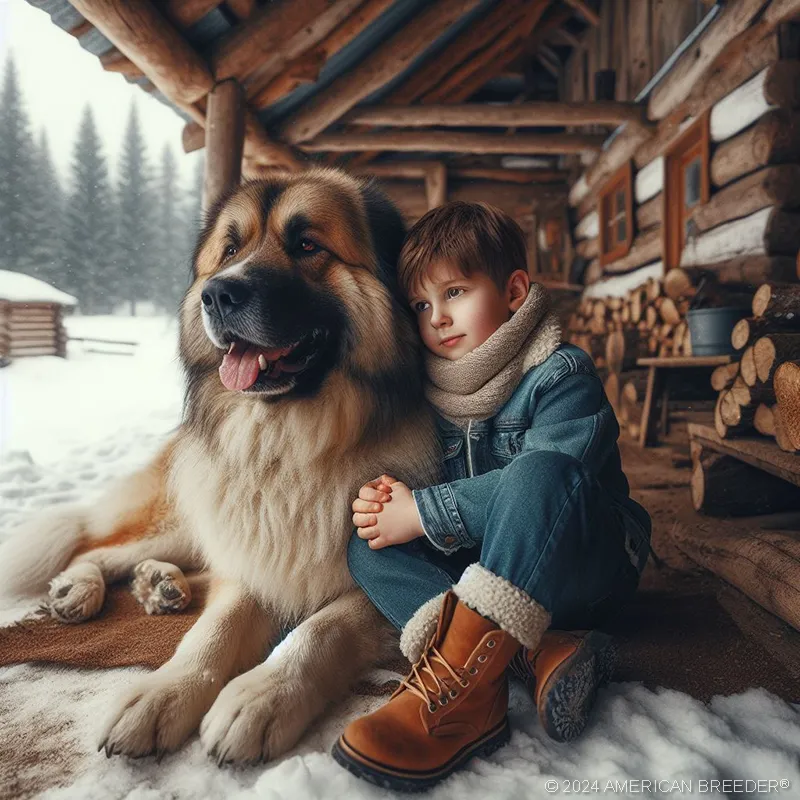 Responsible Ownership and Ethical Considerations
Responsible Ownership and Ethical Considerations
When looking to add a Caucasian Mountain Shepherd Dog to your family, responsible ownership is paramount. Consider adopting from shelters or rescues, where you can provide a loving home to a dog in need. If you decide to purchase from a breeder, it's crucial to research and choose reputable ones who prioritize the health and well-being of their dogs. By avoiding puppy mills and supporting ethical breeding practices, you contribute to the welfare of the breed.
Legal Responsibilities and Regulations
As a dog owner, it's important to understand and fulfill your legal obligations. This includes licensing requirements, which vary depending on your location. Familiarize yourself with leash laws, vaccination requirements, and other regulations specific to your area. By complying with these laws, you ensure the safety of your dog and maintain a harmonious relationship with your community.
Resources and Support
To provide the best care for your Caucasian Mountain Shepherd Dog, it's beneficial to have access to local resources and support. Find a trusted veterinarian experienced with large breeds, as well as professional trainers and grooming services that cater to their specific needs. Online communities, forums, and educational materials can provide valuable breed-specific information, and books and reputable websites can serve as resources for further research.
Conclusion
In conclusion, the Caucasian Mountain Shepherd Dog is a majestic and loyal breed with a rich history and unique set of characteristics. They require dedicated training, proper socialization, and a loving, suitable environment to thrive. Responsible ownership entails considering financial commitments, choosing reputable sources, and understanding legal responsibilities. By providing a nurturing home and meeting their needs, you'll have a faithful companion and a devoted protector by your side.
Caucasian Mountain Shepherd Dog Quick Reference Guide
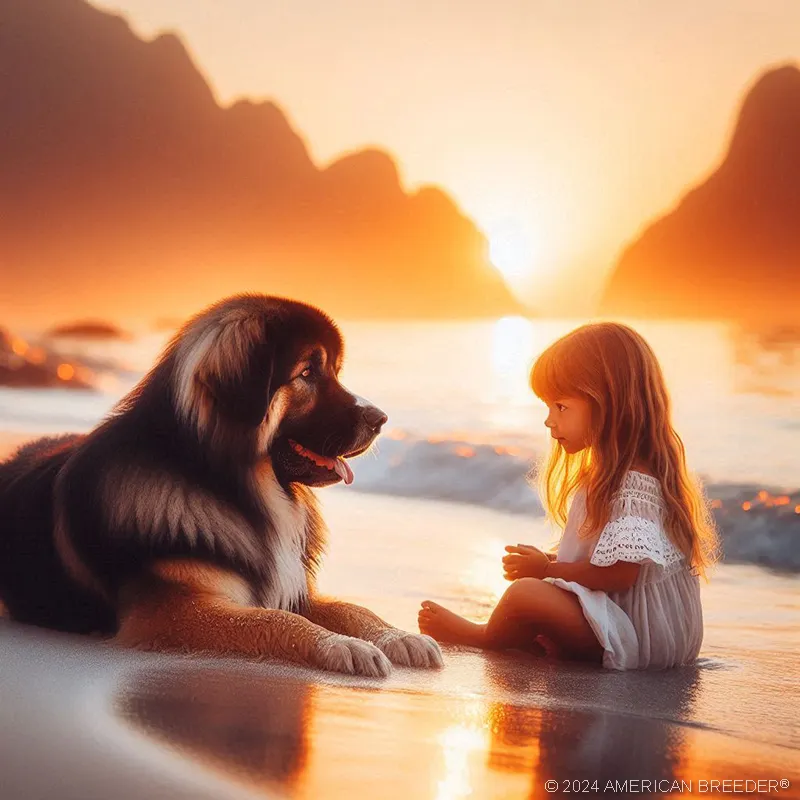 Breed Background: Origin: Caucasus Mountains | Breed Purpose: Livestock Guardian | AKC Class: Working | Year Recognized by AKC: Not recognized
Breed Background: Origin: Caucasus Mountains | Breed Purpose: Livestock Guardian | AKC Class: Working | Year Recognized by AKC: Not recognized
Appearance: Size: Large | Weight: 100-170 lbs | Coat Type: Double coat, dense | Colors & Patterns: Various, commonly white | Distinctive Features: Powerful build, heavy bone structure
Temperament: Energy Level: 3 | Loyalty: 5 | Friendliness to Pets: 3 | Friendliness to Strangers: 2 | Trainability: 3 | Playfulness: 2 | Frequent Barker: 3 | Chase Instincts: 4 | Sense of Smell: 3 | Drive to Hunt: 3
Health & Care: Health Issues: Hip Dysplasia, Obesity | Lifespan: 10-12 years | Grooming Difficulty: Moderate | Exercise Needs: High
Socialization: Interaction with Children: Cautious but can be protective | Interaction with Pets: Guarding tendencies | Interaction with Strangers: Reserved | Elderly Compatibility: Good with proper training | Ease of Training: Moderate
Suitable Living Arrangements: Apartment: No | House: Yes | Rural Area: Preferred | Yard Size Requirements: Large yard essential
Training & Obedience: Trainability: 4 | Intelligence: 4 | Obedience: 3 | Problem-Solving: 3 | Easily Stimulated: 2 | Focus Level: 3 | Easily Distracted: 2
Financial Planning: Typical Price Range: $800 - $2,000 | Initial Expenses: Moderate, puppy essentials | Ongoing Annual Expenses: Food, vet visits
Breeding: Reproductive Maturity: 18-24 months | Litter Frequency: Once a year | Litter Size: 6-12 puppies | Stud Cost: Varies | Breeding Challenges: Selective breeding needed, whelping assistance
Did You Enjoy this Article? Share it and Help Us Spread the Word!
If you found this article helpful, we'd appreciate it if you could share it with your friends or link to it from your website, blog, or group! You can also use the convenient social share tabs on the left side of the screen to instantly share this page to your social media feed. For more ways to support and promote the American Breeder Community, visit our Share & Promote Together page for social media posts and memes you can copy and share. Your support means the world to us!
Disclaimer: The information provided in this article is for general informational purposes only and does not constitute legal, medical, financial, or professional advice. While we strive for accuracy, we make no representations or warranties regarding the completeness, accuracy, reliability, or suitability of the information. Please consult with a professional before making decisions based on the content provided. American Breeder Inc. assumes no responsibility for any errors or omissions or for the results obtained from the use of this information.

